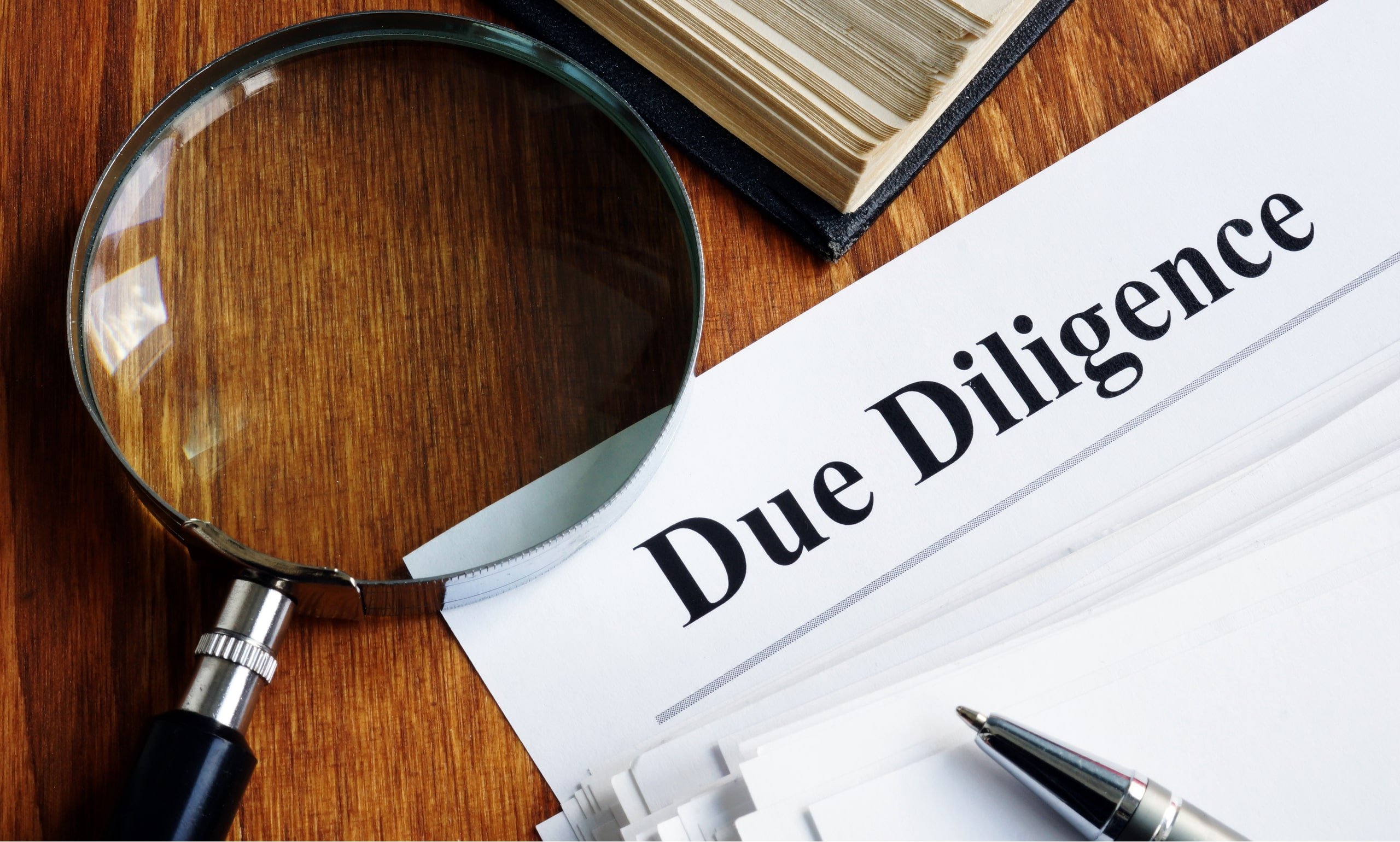
In the dynamic business environment of the United Arab Emirates (UAE), Mergers and Acquisitions (M&A) play a vital role in corporate growth, market expansion, and consolidation. However, without thorough legal due diligence, even the most promising deals can become risky ventures. This is where the expertise of seasoned corporate lawyers in UAE and business lawyers in UAE becomes indispensable.
This blog explores the key aspects of legal due diligence in M&A transactions in the UAE and highlights why professional legal guidance is critical to a successful merger or acquisition.
Legal due diligence is a comprehensive investigation and evaluation of the target company’s legal standing, assets, obligations, and potential risks before finalizing a merger or acquisition. It ensures transparency, mitigates liabilities, and helps buyers make informed decisions.
The UAE operates under a unique legal system influenced by civil law principles and Sharia law, governed by both federal and emirate-level laws. Therefore, due diligence is not just procedural but critical to:
• Avoid legal pitfalls
• Ensure regulatory compliance
• Validate ownership and licenses
• Identify liabilities and legal disputes
• Review of trade license, memorandum of association (MOA), and articles of association.
• Verification of the company's ownership, shareholders’ agreements, and any share pledges or encumbrances.
• Identification of local sponsor arrangements in mainland companies (if applicable).
Corporate lawyers in UAE ensure that the buyer understands the corporate hierarchy and control structure.
• Examination of compliance with UAE Commercial Companies Law, labor laws, and relevant industry regulations.
• Verification of approvals from free zones or government authorities (e.g., DIFC, ADGM, DMCC, etc.).
• Check for any penalties, fines, or regulatory actions.
Failure to comply can lead to the revocation of licenses or future lawsuits, which is why experienced business lawyers in UAE play a vital role.
• Review of existing contracts, including supplier agreements, customer contracts, leases, and franchise deals.
• Identification of termination clauses, change of control provisions, and exclusivity agreements.
• Assessment of debt obligations and warranties.
This helps in understanding any contractual risks or potential breaches post-acquisition.
• Assessment of employment contracts, salaries, benefits, and end-of-service obligations.
• Review of compliance with UAE Labour Law and UAE Labour Reforms (such as new employment contracts, fixed-term policies).
• Check for ongoing labor disputes or claims.
M&A deals must include employee transition strategies, making HR due diligence essential.
• Verification of trademarks, patents, copyrights, software, and domain names.
• Ensure that IP is properly registered and owned by the target company, not individuals or third parties.
In sectors like tech, media, or e-commerce, IP often represents a significant portion of the company’s value.
• Investigation into past, pending, or potential litigation, arbitration, or regulatory investigations.
• Review of dispute resolution clauses and applicable jurisdiction (onshore vs. free zone courts or arbitration centers like DIAC or ADCCAC).
This helps assess the legal exposure and the possible financial and reputational risks.
• Title verification for owned properties and review of lease agreements for rented premises.
• Confirm zoning permissions and usage rights, especially in freehold or leasehold zones.
Real estate assets must be free of encumbrances and align with the company's operational needs.
• Cross-checking legal aspects of financial statements, tax filings, and VAT compliance.
• Review of loans, guarantees, liens, and securities.
Tax laws in the UAE, including corporate tax and economic substance regulations (ESR), are evolving—due diligence must reflect the latest compliance status.
Engaging experienced corporate lawyers in UAE ensures that:
• All documentation and licenses are thoroughly vetted.
• Local legal frameworks and free zone rules are navigated efficiently.
• The transaction structure (asset purchase vs. share purchase) is optimized for tax and legal benefits.
• Negotiation of warranties, indemnities, and post-deal covenants is handled professionally.
Meanwhile, business lawyers in UAE contribute strategic advice on commercial risks, non-compete clauses, and continuity planning post-deal.
• Undisclosed liabilities or debts
• Breach of labor laws or visa irregularities
• Pending lawsuits or arbitration
• Unregistered or disputed ownership of assets
• Invalid or missing approvals from regulators
• Incomplete financial and tax records
Spotting these red flags early allows the buyer to renegotiate terms, seek indemnities, or walk away.
Legal processes differ depending on whether the target is in the mainland or a free zone:
• Mainland: Supervised by DED and subject to UAE Commercial Companies Law.
• Free Zones (like DIFC, DMCC, JAFZA): Have independent regulators, contract laws, and court systems.
Corporate lawyers ensure compliance with zone-specific legal requirements and government approvals.
Legal due diligence is not a mere formality but the backbone of a secure and profitable M&A transaction in the UAE. Whether you're acquiring a tech startup in Dubai Internet City or merging with a manufacturing firm in Sharjah, thorough legal scrutiny can save millions and avoid future litigation.
Engaging qualified corporate lawyers in UAE and business lawyers in UAE is your best strategy for navigating the complex regulatory, commercial, and legal landscape of the Emirates. Their local expertise ensures not just compliance, but strategic advantage in one of the most competitive markets in the world.